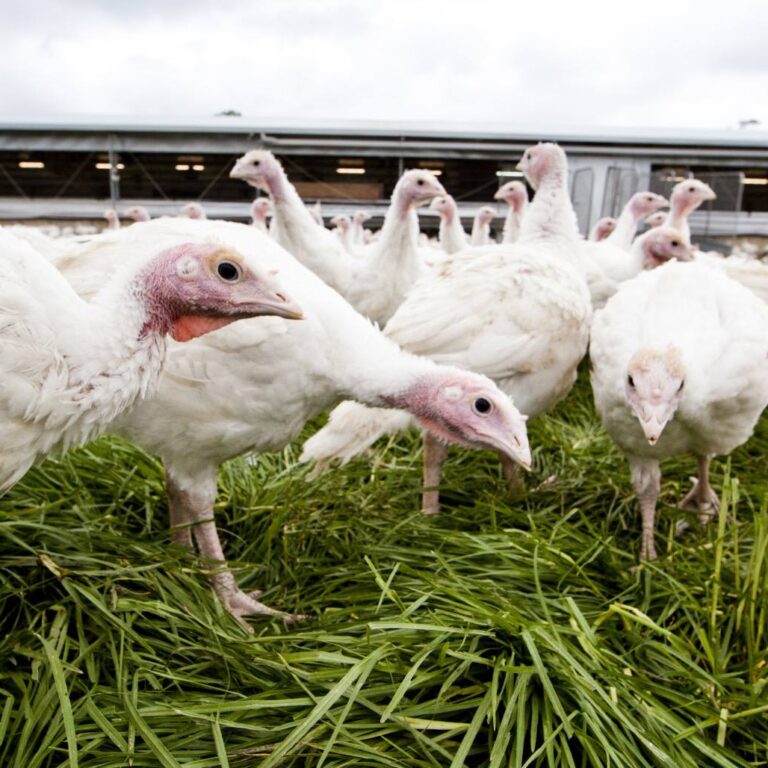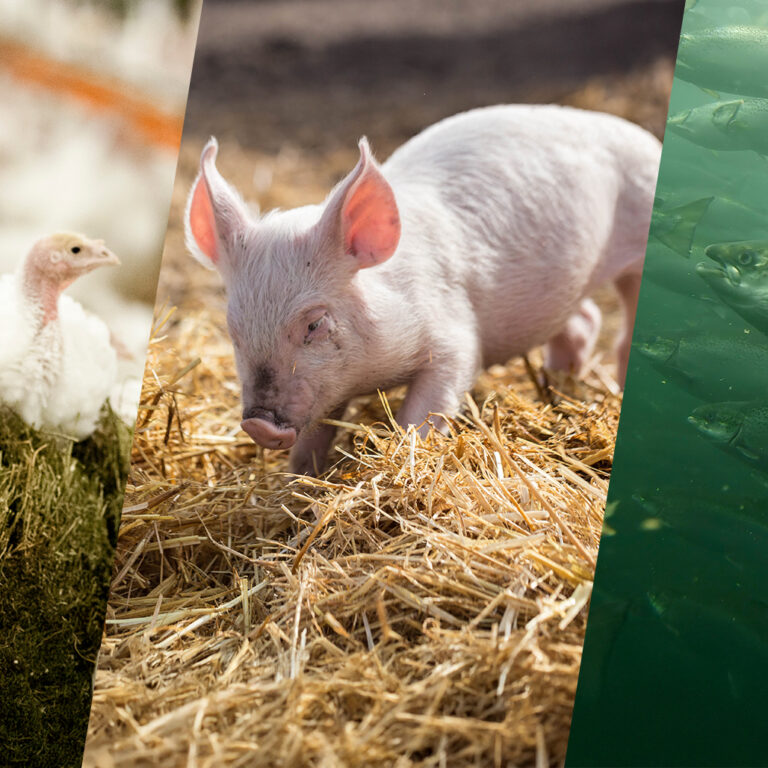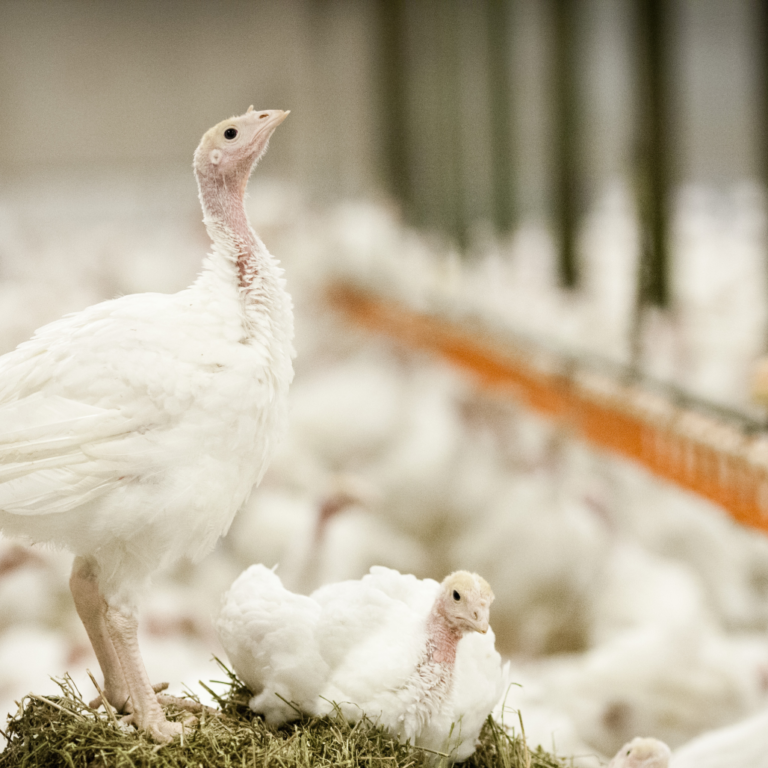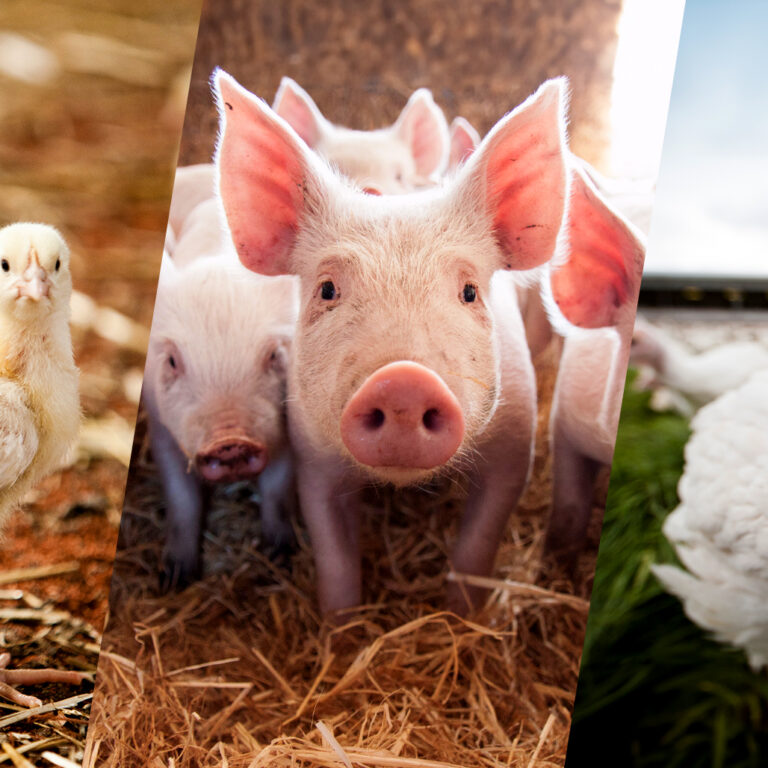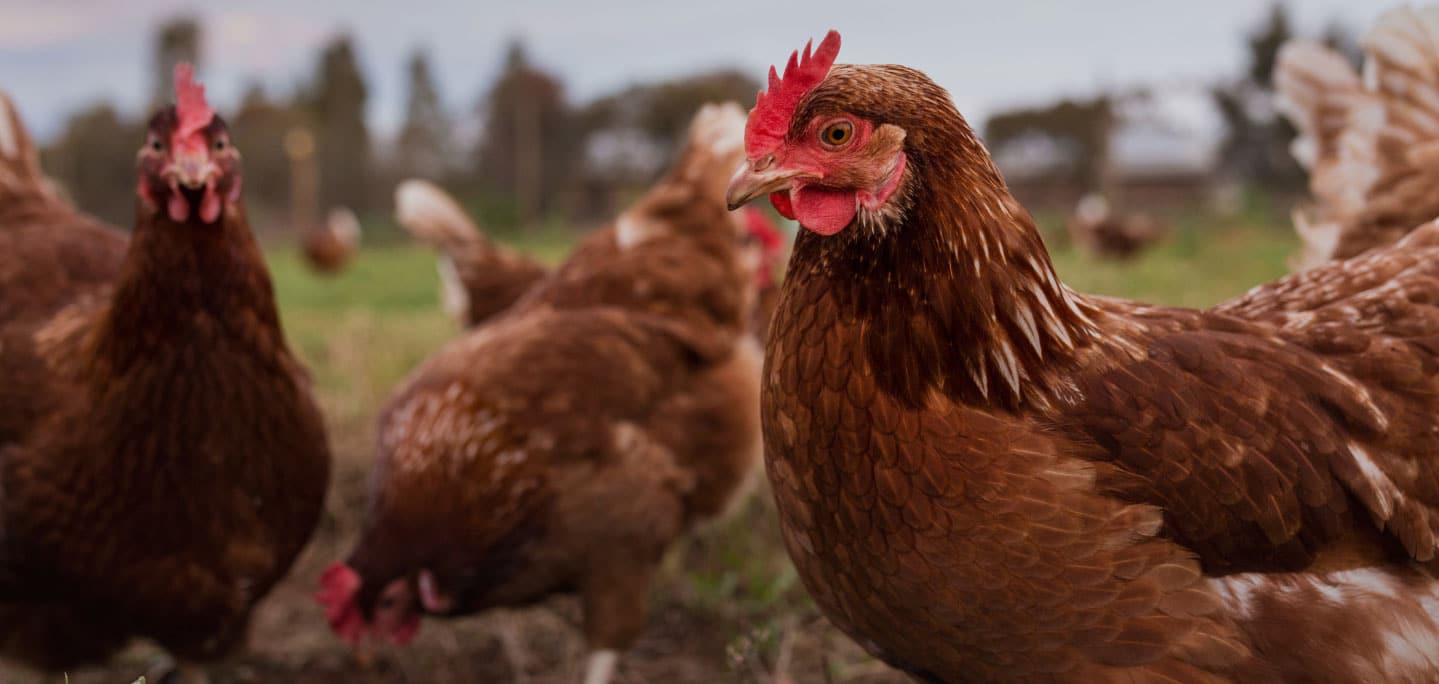While some of us are lucky enough to know the quirky characteristics of laying hens, through a school agriculture program or visiting a friend’s backyard hen coop, the inquisitive nature of the turkey remains somewhat of a mystery to many.
But the truth is these birds are smart, friendly, and have curious minds. That’s why it’s so important that they are farmed in environments that let them do all the things they love doing the most.
A few facts you might not know about turkeys:
Turkeys are very curious about the world around them
Turkeys are confident and very interested in their environments. Our staff have remarked at how the birds run up to greet them when they’ve visited RSPCA Approved farms.
Because they’re smart, and highly sociable, it’s important that turkeys are able to move freely, perch, peck at interesting objects, play, and socialise with each other.
Turkeys like to get down in the dirt
Like other poultry, turkeys love to scratch, peck and dust bathe in the litter or dirt (if they have access to the outdoors). Dustbathing is when birds lie down in the dirt/litter, and use the grains to clean themselves. It helps to keep their feathers in good condition, and is a favourite pastime for turkeys.
That’s why it’s so important that these beautiful birds are raised in environments that allow them to stretch, move around, perch and get down to dustbathe!
Conventional farming systems don’t always provide for turkeys’ needs
Unfortunately, many conventional farming systems in Australia are unlikely to provide for the physical and psychological needs of turkeys. If turkeys are housed in a barren sheds without adequate stimulation, they may become bored and frustrated. This can lead to negative behaviours such as aggression and pecking of other birds.
One of the key issues in turkey farming is overcrowding, which can lead to a lack of exercise and increased risk of developing leg problems. Overcrowding can also cause interrupted sleep patterns and increase the chance of injury due to pecking or trampling from other birds in the flock.
Another issue is lighting – poultry are often raised under low light levels to discourage activity and enhance their weight gain. For turkeys, a lack of proper lighting can lead to eye abnormalities, leg problems and lesions on the feet and breast areas (due to low activity and increased time the spent sitting on the litter).
The RSPCA Approved Farming Scheme Standards for turkey focus on ensuring that birds are raised in farming systems that encourage their natural behaviours. This means enriched sheds with well-managed litter, more space, access to perches and pecking objects, and provision of adequate light periods for exercise and dark periods for resting. And if there’s access to the outdoors, a range that is attractive to the birds that provides suitable protection.
You can find out more about the RSPCA Approved Farming Scheme standards here.
Want more? Obrigado Oporto or Mr Lee’s bringing no worries eat happy philosophy to higher welfare ingredients

